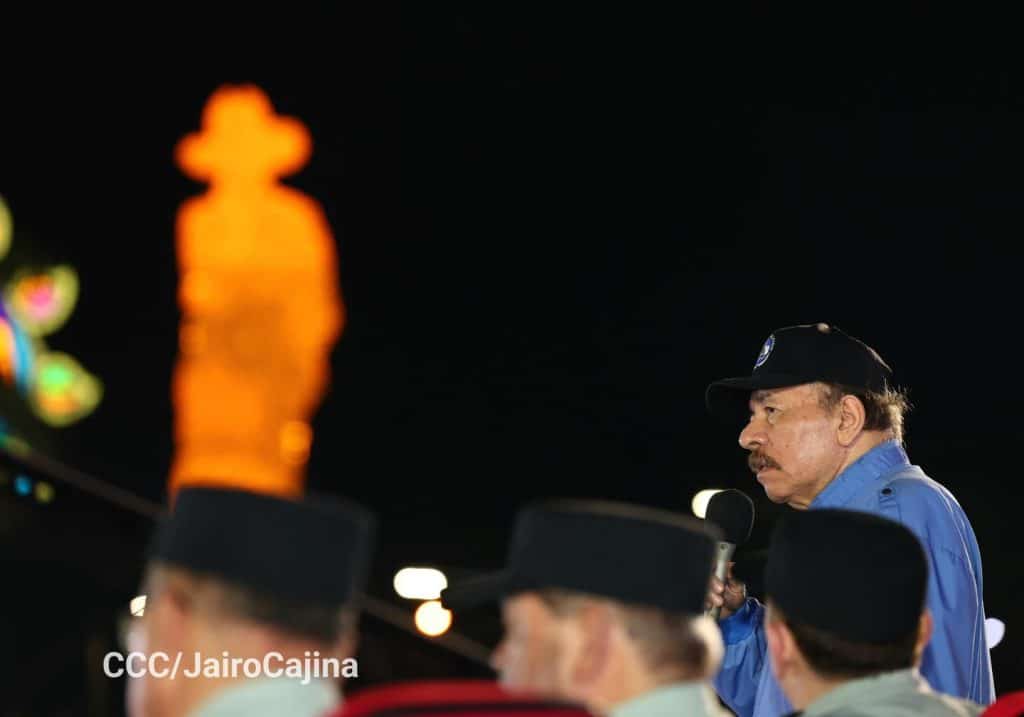his recipe for controlled “partnership”

The dictatorship’s “Partnership Alliance” model means going from non-government organizations to para-state agencies.
By Silvio Prado (Confidencial)
HAVANA TIMES – Examining the Ortega regime’s “Partnership Alliance” in the light of the latest massive wave of NGO cancellations, yields an underlying message about the Ortega government’s recipe for relations between government and civil society. They propose a return to the old model of corporate doctrine, the system of representation of outside interests that was used in the eighties, when vertical organizations for each separate sector predominated. In order to make this return possible, they first had to demolish all vestiges of the collective action that sprouted autonomously after 1990.
According to the theory, collective action implies at least three conditions: a group of people with common interests or objectives; the possibility for each one to decide freely whether to participate in the action; and resulting benefits that are felt beyond the group propelling them. In other words: voluntary association, free election and solidarity.
These elements were present in large part, if not always, in the more than 5,000 social organizations that the dictatorship has shuttered since 2018 by cancelling their legal status. In passing, they’ve also confiscated their properties and assets and looted their bank accounts. However, the political motivations for this plunder have been less evident. Now, though, they’ve been revealed through the government orders for Partnership Alliances.
What they want is to pull up by the roots all forms and sizes of self-organization, and any embryonic form of collective action that names, diagnoses, attempts to solve, or revindicates a social problem that questions, or could contradict the regime, outside the margins of the official organizations or company unions. In other words, the old corporate doctrine, also known as corporativism.
Since saying “collective action” is the same as the term “civil society,” it’s easy to trace the hate the regime displays towards any organized expression of society. Since their return to power in 2007, the heads of Ortega’s machine unleashed a fierce campaign against the organizations and movements that flourished since 1990. It’s also impossible to overlook the fact that the attacks were joined by certain well-known


